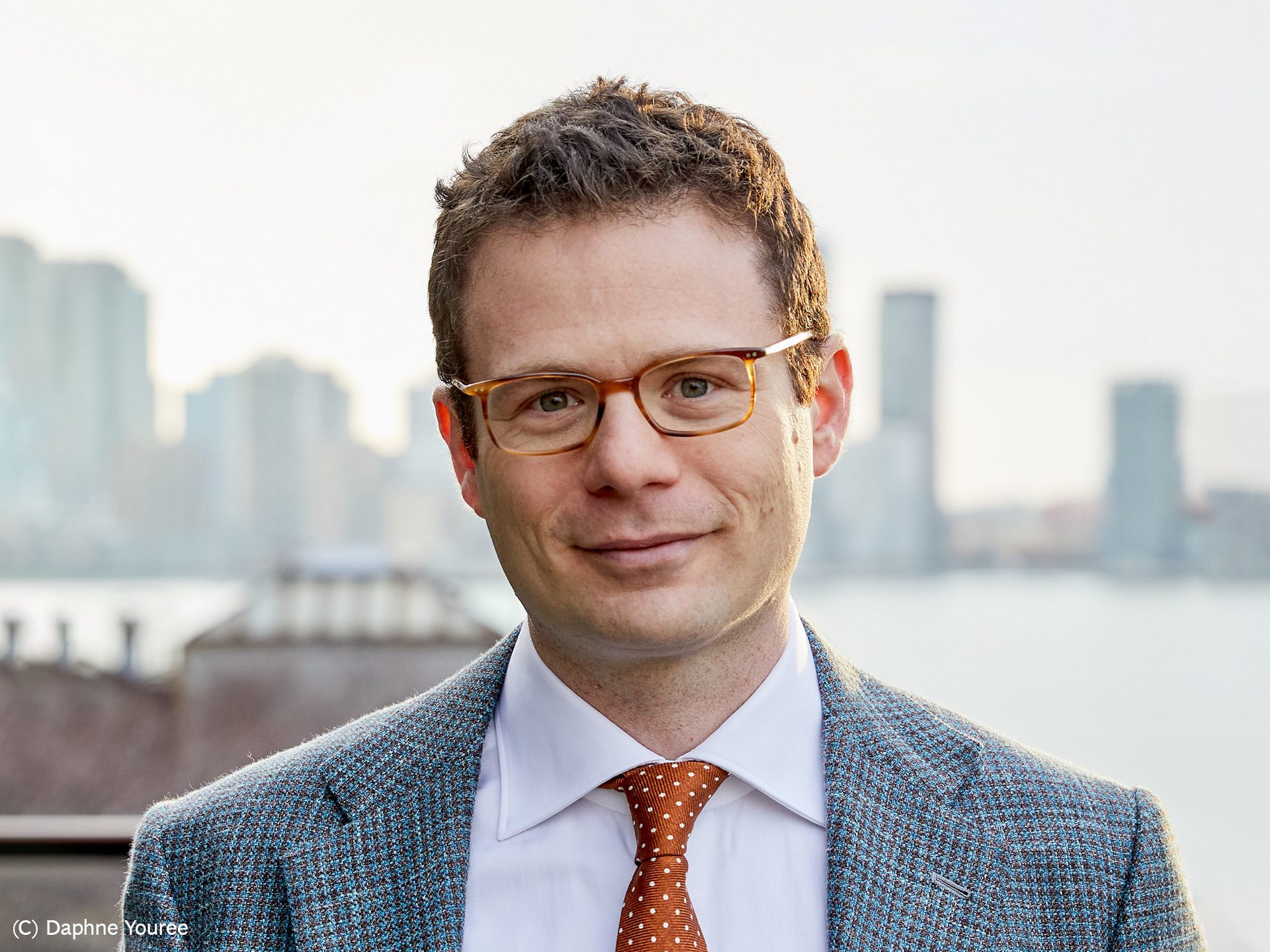In Chokepoints: American Power in the Age of Economic Warfare, Edward Fishman argues that the nature of international power has fundamentally shifted from military might to economic statecraft.
Fishman is a senior research scholar at Columbia University’s Center on Global Energy Policy and an adjunct professor of International and Public Affairs at Columbia. Previously, he served at the US State Department, leading work on economic sanctions. In his new book, he examines how governments—particularly the US’s—are increasingly using financial tools, regulatory measures, and targeted sanctions to shape international relations, secure strategic advantages, and resolve conflicts.
In his conversation with Nikolaus Lang, global leader of the BCG Henderson Institute, he discusses the history of sanctions, how the US came to wield them so powerfully, how diplomatic back channels are navigated in applying them—and what is important for making them effective in enforcing the desired governance changes.
Key topics discussed:
[02:05] The history of chokepoints and US dominance over them
[08:45] The role of businesses in economic diplomacy
[12:17] Navigating diplomatic back channels
[15:32] The role of technology and export controls
[19:45] Oil price caps as an innovation in sanctions design
[23:10] The effectiveness of sanctions in enforcing governance changes
[27:44] On the origins of this book
Additional inspirations from Edward Fishman:
- Foreign Affairs: How Trump Could Dethrone the Dollar (April 8, 2025)





